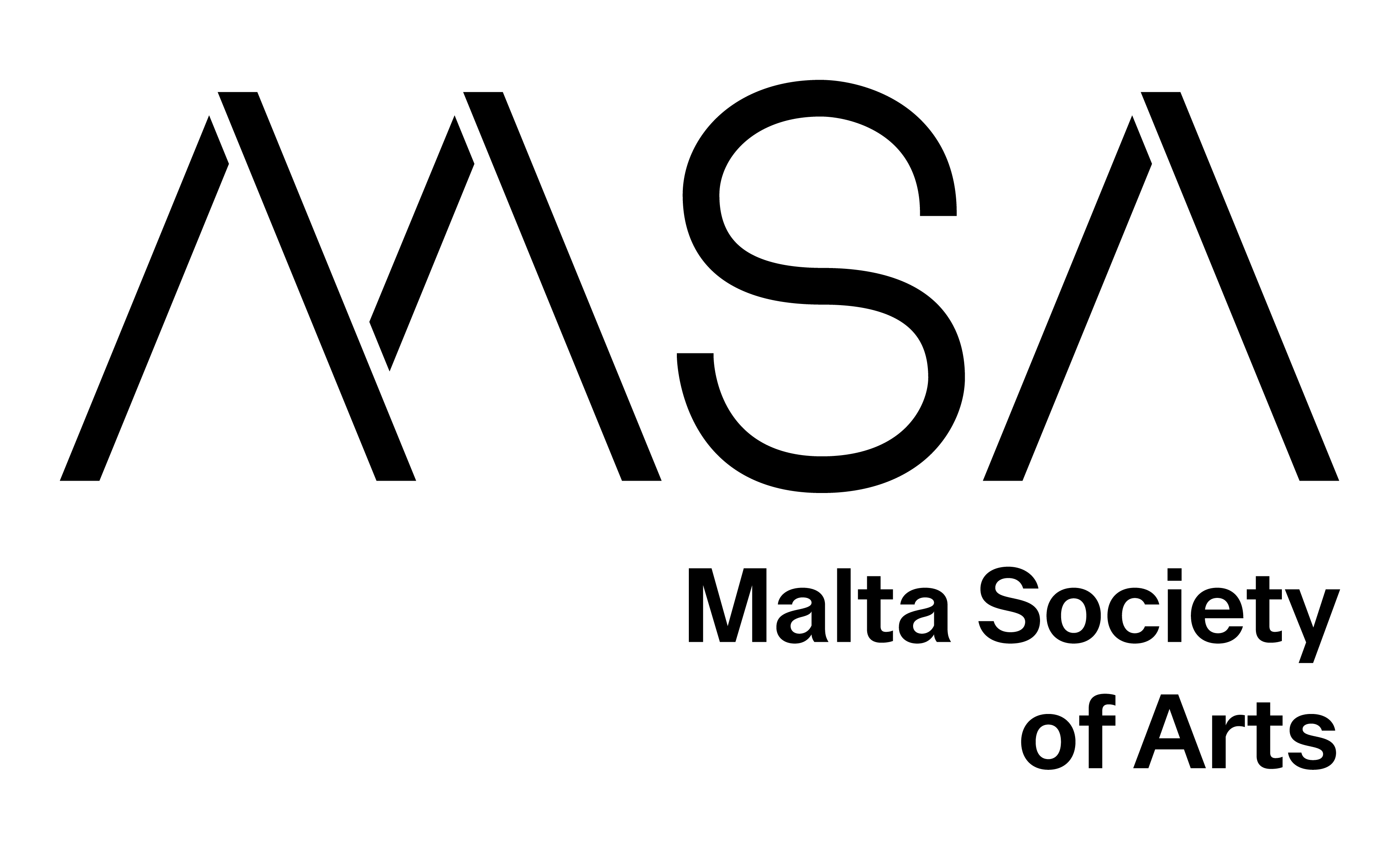Our project is an ontological workshop-game where the public finds their more intimate specificities – wax in the ear, love for wine, disease susceptibilities - what makes us unique- being an inheritance from viruses, at a different time in our history.
During the Covid 19 pandemic, we fought against viruses. But DNA sequencing unveiled new knowledge about our deep relationships with them. It is time for reconciliation.
We are one family, parenthood is written in our DNA.
At the molecular and macro levels, eight percent of our DNA consists of remnants of ancient viruses, and another 40 percent is made up of pieces of inventive, modified DNA viral material. And those viral genes are still behaving as ludic “invaders”, jumping around through the genome, copying and pasting themselves wherever they see fit. We are evolving faster and faster, taking more and more viral DNA.
Fun playing, but those extensive viral regions are much more than evolutionary relics: many of these genes can turn on and become active. They can do a lot, protect us against diseases or make us sick…or even human.
Viruses, especially retroviruses, are essential actors in human individuation as a species and as a person. They brought the genes coding for the hominid placenta and embryo's crucial proteins, allowing the human species to differentiate from monkeys. And, as Ryan explained, the surprisingly high genetic variation currently observed between individual humans is due to a virally induced increased genomic plasticity. And creating diversity is the main virus’ skill!
Our project is a manifesto to fill this symbiotic individuation with emotions and make it more tangible. During the workshop-game, the viewers choose their traits among tenths of SNPs from different viruses, illustrating the link between viruses and genetic diversity/plasticity.
We give humoristic clues to find our viral cousins and the other organisms that have received genes from the same retroviruses. We can read in our cousins' DNA how ancient is our parenthood with our endogenous retroviruses. We are old couples, sometimes loving, sometimes terrible.
Viruses have also oriented human societies' evolution. They promote changes! The Antonine plague ended the Roman empire and allowed the increased popularity of Christianism. During the American civil war, diseases became known as the “third army”. Viruses show us to have more resilient societies increasing diversity- what they are good at.
And what if they were a solution? They are giving us more possibilities for adaptation to high temperatures, lack of water, and the presence of plastic in our body. Are they saving us? Are we just a step in their evolution?. Our idea of evolution is not based on violence and competition but on sharing.And what does being human mean if less than 7% of our DNA is strictly human?
As “wise” Homo sapiens, we have been taught to control everything around us, but we are under the control of the smallest, “dumbest” but extremely creative organisms! What a paradox!
VirHumans let's play and learn! Let's embrace what we are!
Peruvian trans artist feminist, chola techno-witch and language activist. M.A. Digital Arts, Universitat PompeuFabra, Barcelona, Spain. Founding member of creative and digital heritage division, MyAP - Microscopía Electrónica y Aplicaciones en el Perú, Electron Microscopy Laboratory. Her artistic work is made with technology in concept and realization exploring its relationship with gender, society, and nature. From a decolonizing vision, it develops in the borders of art and science, connecting ancient technologies with the new ones. Her main goal and poetic are to encourage reflection through revelation using technology. ISEA2020 Montreal, ISEA2023 Paris, and ISEA2024 Meanjin (Brisbane) IPC Member. FEMeeting:Taos 2023 and TTT2023 Malta, Scientific & Artistic Committee member. Journal of Science and Technology of the Arts (CITAR) Reviewer. Seven Art Residency Programs: Mexico, Bolivia, USA. She has exhibited her work, organized exhibitions, and given lectures in Peru, Mexico, Bolivia, Argentina, Spain, Cuba, Chile, Norway, Colombia, Brazil, South Africa, Australia, Greece, Ireland, Portugal, Austria, and the USA.
I am a fully self-accepted BacterVirHuman, bioartist (BFA, MFA), and scientist (Ph.D. in plant science) named Nathalie Dubois Calero, and my works are a feminist act of reconciliation with my non (or too much?) human components. Microbes are the media I use in workshops, performances, videos, and objects making.
My recent project, BacterHuman, focuses on the cutaneous microbiota (all the microorganisms living on and inside the skin) and the multifaceted relationships we have with it. This work includes Microidentidad (workshops and exhibition, ICA, Bacalar, Q.R., Mexico, 2020) Name:Nathalie Species: HomoBacter Insipiens (TTT Vienna, 2020 online), Queer and Biophilic Approach of the Cutaneous Microbiome (online workshop, ISEA, 2021), We are planets (hiflex workshop, HTLMlles festival, 2021), and Bodies of water about our microbiotal relationship with microalgae and water alone (exhibition and video at Leamington Art Centre, Ontario, Canada, 2022) and in collaboration with Ada Gogova, also called Bodies of water. My recent work, MaterVirus, in collaboration with Cecilia Vilca, explores our viral nature and the presence of retroviruses in the human DNA.
I am a member of Incubator Art Lab, University of Windsor, Ontario, Canada.
Back







